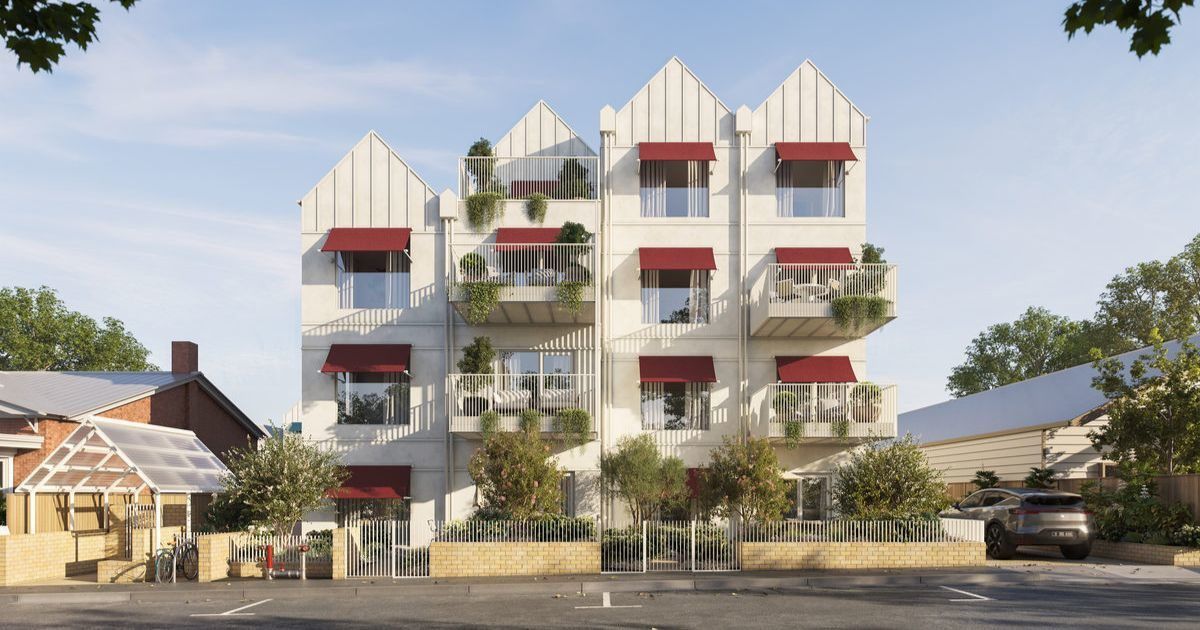Local projects to turn organic waste into electricity

Bulla Dairy Foods are working on one of the renewable organics network projects with Barwon Water and G21.
GEELONG and the south-west will be part of Victoria’s first renewable organics networks, announced earlier this month by the state government.
The two projects will reduce waste going to landfill by using organic waste to produce electricity.
The networks will transform organic municipal and trade organic waste into renewable energy and bi-products such as soil enhancers for agricultural purposes.
With a facility being built at the Colac Water Reclamation Plant and another under development for the Greater Geelong area, the projects will create more than 80 new jobs across the construction and ongoing facility management stages.
The projects being delivered by Barwon Water will create a circular economy for the region’s organic waste, reduce landfill costs for councils and reduce water infrastructure energy costs for Barwon Water customers.
Construction for the Colac network, which received $240,000 in 2018, is already under way. Once complete the project is expected to generate enough energy to power more than 1,000 homes thanks to high-strength organic waste from the Australian Lamb Company and Bulla Dairy Foods.
The Colac site will share energy back to Australian Lamb Company as hot water, and produce enough electricity to take Barwon Water’s Colac wastewater treatment plant off the grid.
Work is also under way to investigate options to build a similar facility by the end of 2023 for the Greater Geelong region to process organic waste collected by
local councils.
The projects are being delivered by Barwon Water in partnership with the five G21 councils, the Australian Lamb Company and Bulla Dairy Foods.
Barwon Water managing director Tracey Slatter said the renewable organics networks would bring significant benefits to the region and surrounds by supporting regional prosperity and reducing waste and emissions.
“As well as reducing waste, the project offers the potential to reduce grid electricity use, significantly reducing greenhouse gas emissions and helping to maintain affordable prices for customers.”
Minister for Water Lisa Neville said with the impact climate change was having on inflows to Victoria’s water storages and the health of the state’s waterways, it had never been more important to deliver creative solutions to reduce greenhouse gas emissions.
“We want our water corporations and the whole sector to help Victoria adapt to climate change – ensuring we continue to support jobs, liveable communities and a healthy environment.”

















